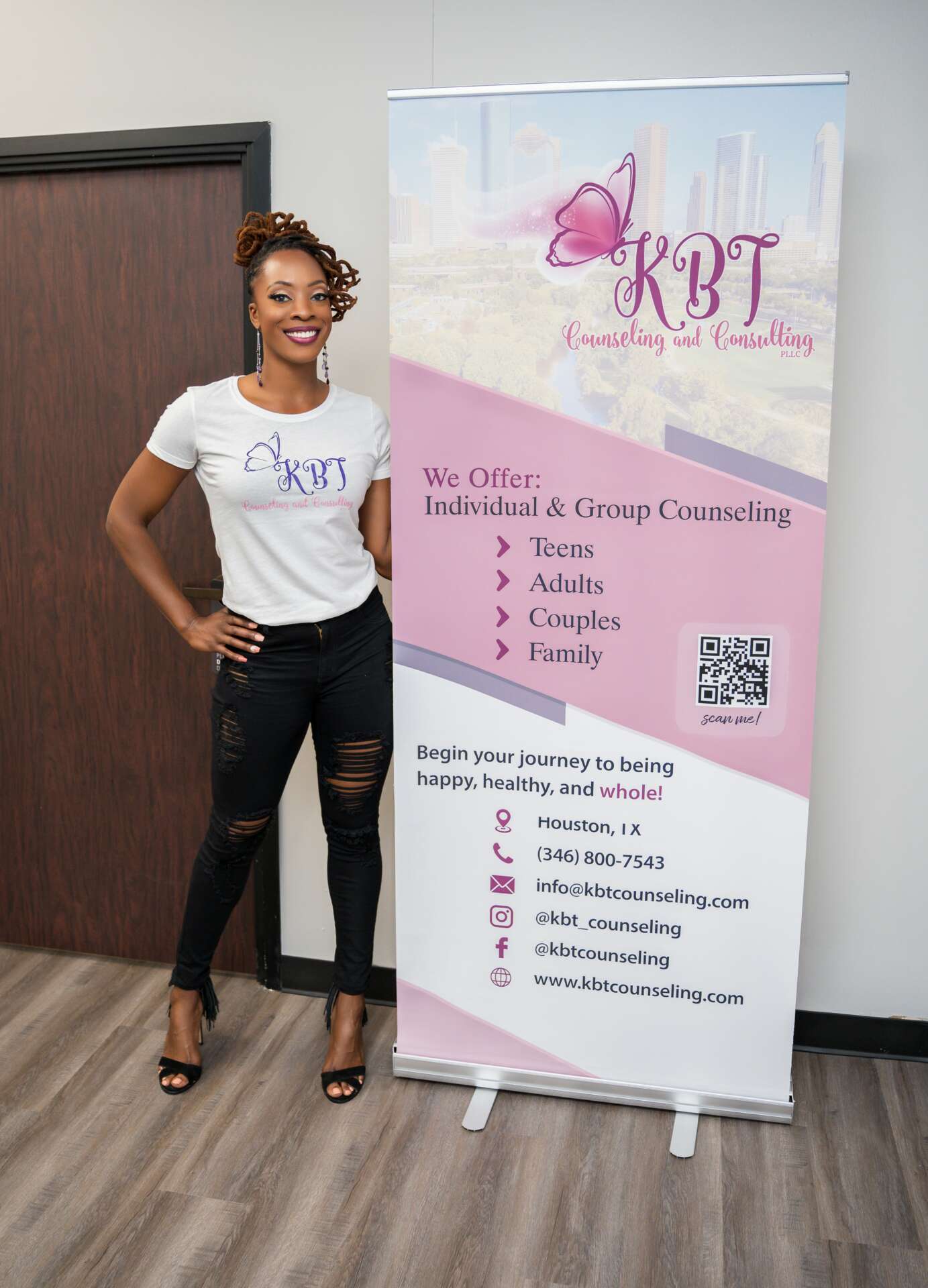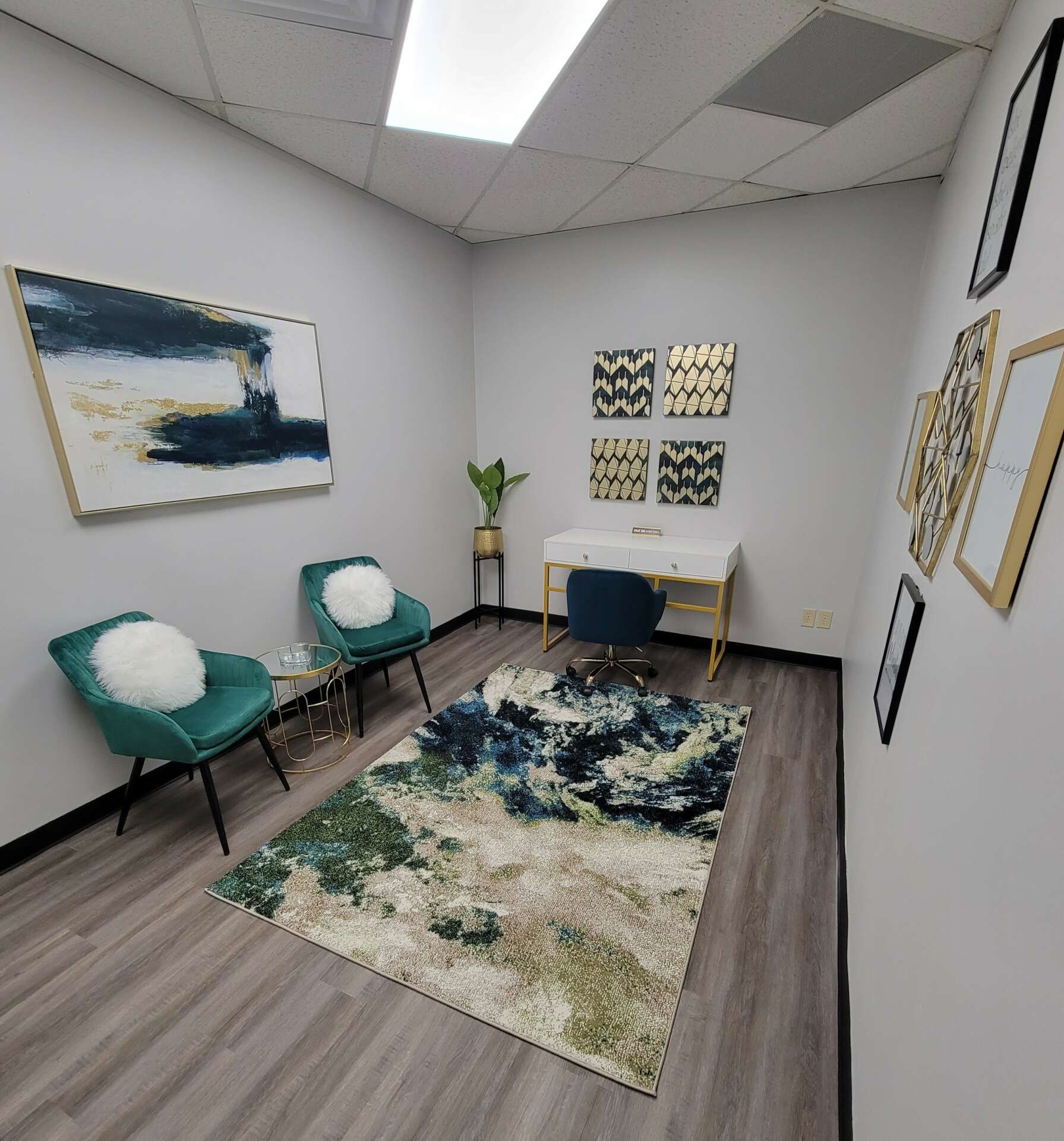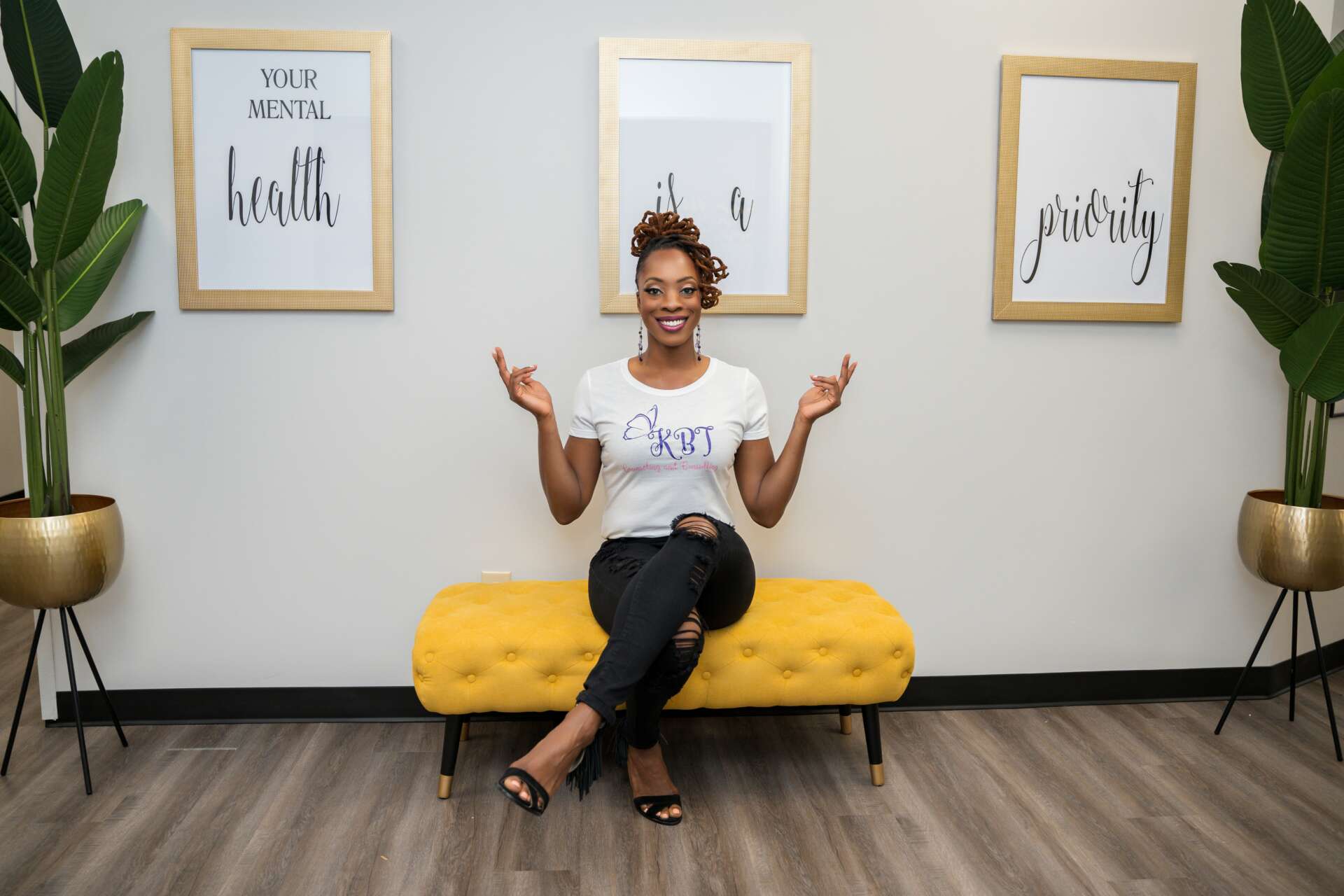We’re excited to introduce you to the always interesting and insightful Kamilah Thomas. We hope you’ll enjoy our conversation with Kamilah below.
Hi Kamilah, thanks for joining us today. We’d love to hear the backstory of how you established your own practice.
Excitement. Anxiety. Fear. Those were all the emotions I felt December 2018 when I submitted my letter of resignation to pursue full-time entrepreneurship as mental health private practice owner. This was a total faith walk as I had never taken any business courses, didn’t have any close friends or family members with their own business, and I never previously had any dreams of entrepreneurship. However, with consistency, determination, and perseverance, my business has tripled its gross revenue over the past three years.
To prepare myself for this huge leap of faith, I first leaned into the fact that the fear and nervousness I was experiencing was perfectly normal and an indication that I understood the risk, the potential, and the sacrifice I was approaching. Second, I explored the basis of my fears and came up with solutions to reduce them. For instance, one of my fears was regarding financial security as I didn’t know how long it would take to begin earning at least the same amount of income I did working at my previous job. Therefore, I gave myself a deadline to pay off my credit card debt and saved money to float me for the first three months of entrepreneurship. I also scheduled routine doctor appointments and refilled any prescriptions before my health insurance terminated with my employer. As I knew I would need support on this new journey, I began connecting with other therapists who already had an established private practice. Lastly, I reminded myself that if entrepreneurship didn’t work in my favor, I had safety nets of being able to go back to being an employee at a company again and being able to move in with family if needed.
Some of the challenges I faced while starting my practice were simply not knowing what I didn’t know, and currently enduring growing pains. This has involved navigating working with insurance companies, hiring and managing a team, receiving poor professional advice, transitioning back to the office post COVID-19, and experiencing burnout.
Thus far, some of the key lessons I have learned are:
• Prioritize self-care: burnout and exhaustion are real! This can result in feeling unmotivated, irritability, avoidance, procrastination, and the desire to give up. Remember, we have to take care of ourselves first to be at our best for our clients/consumers and to make the best business decisions possible.
• Have a support system: Entrepreneurship isn’t easy, and everyone won’t understand the sacrifices that are necessary to be successful. As it can be disappointing that sometimes our friends, family, and partners don’t “get it”, find like minded entrepreneurs to provide the support, encouragement, and resources you need.
• Delegate: you are only one person and cannot/will not know how to do everything in your business. Identify the tasks that you don’t enjoy or aren’t the best at, and delegate to someone else (intern, virtual assistance, family member, friend, etc.) to give you more time and energy to operate in your areas of genius.
• Get comfortable being uncomfortable- Entrepreneurship will challenge you personally and professionally. Lean into it and ask yourself, “What is this situation trying to teach me”? In times of difficulty, remember your “why” for starting the business and use it to reignite your motivation, determination, and perseverance.
• Trust the process- You can’t arrive to your final destination without going on the journey. Everything you are/will experience will help you in the future and is necessary to learn the skills required for success.



As always, we appreciate you sharing your insights and we’ve got a few more questions for you, but before we get to all of that can you take a minute to introduce yourself and give our readers some of your back background and context?
I’m a Licensed Psychotherapist, Clinical Supervisor, Business Coach, and Entrepreneur with 15+ years of direct care and management experience. I earned my Bachelor of Arts degree in Criminal Justice with a minor in Psychology at the University of North Carolina-Charlotte, and my Master of Social Work degree at the University of Houston. While I initially desired a career as an attorney, I shifted to the helping profession after noticing the psychosocial stressors and trauma impacting the families I worked with as a juvenile probation officer. Since then, I have gained valuable experience working with diverse populations in the areas of foster care, juvenile justice, abuse/neglect, parent education, case management, residential treatment centers, psychiatric hospitals, and private practice.
Currently, I am the CEO and Clinical Director at KBT Counseling and Consulting, a group practice in Houston, TX that specializes in destigmatizing mental health for communities of color. My team of clinicians provide culturally sensitive in-person and virtual counseling services for children, teens, adults, families, and couples who are Texas residents. To provide affordable services, we accept commercial insurance plans, offer sliding scale rates, and participate in a few therapy scholoarship programs. I also provide clinical supervision towards full licensure for master’s level social workers to help develop them into ethical, cultually competent, and professional therapists.
KBT Counseling and Consulting is different from other therapy offices because our staff reflects the population we serve, we prioritize excellent customer service and quality services, we offer both in-person and virtual appointments, our staff is trained in understanding how culture and life experiences of people of color impacts their mental health, and our physical office offers a welcoming, luxe, comfortable environment to feel safe and vulnerable.
We want the community to know:
1. It’s okay not to be okay.
2. You don’t have to suffer in silence.
3. Therapy isn’t a sign of weakness.
4. No matter what you have experienced, happiness and healing is possible.


Putting training and knowledge aside, what else do you think really matters in terms of succeeding in your field?
A good therapist has their own therapist! It’s vitally important for therapists to have personally experienced therapy and worked through personal issues that can cause countertransference, lack of empathy, poor boundaries, and judgement when working with clients.


How about pivoting – can you share the story of a time you’ve had to pivot?
About a year ago, I decided to expand my counseling practice beyond our niche of specializing in communities of color. On two separate occasions, I hired a Hispanic therapist who also offered sliding scale rates, but experienced great difficulty building her clientele. Despite specific marketing strategies aimed at the Latinx community, suggesting writing blog posts, and engaging on social media, our consumers declined to schedule an appointment with a therapist who wasn’t Black. After consulting with colleagues and reflecting on the values and mission of the business, I pivoted back to accepting that it’s okay to have a niche, and realized that KBT Counseling and Consulting has continued to grow and be profitable staying true to what our clients need and want.
Contact Info:
- Website: www.kbtcounseling.com
- Instagram: @kbt_counseling
- Facebook: https://www.facebook.com/kbtcounseling
- Linkedin: www.linkedin.com/in/kamilahthomas
Image Credits
Right Time Solutions


